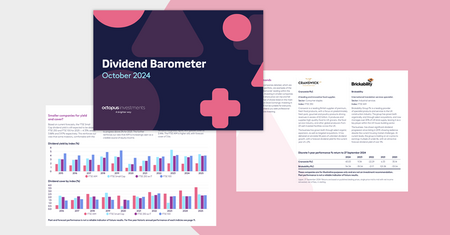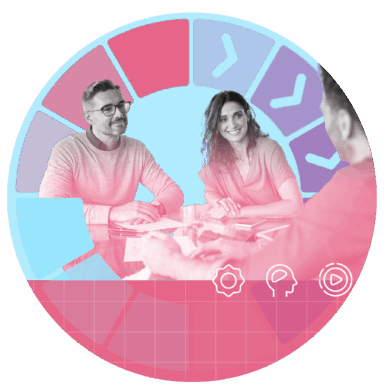Ufonia
Improving patient care through conversational AI
![]()
Funding stage: Seed
What is it?
Ufonia uses Artificial Intelligence (AI) to develop automated clinical-grade conversations, capable of replacing routine medical appointments, and integrating into health systems. This aims to increase patient engagement and free up more time for medical staff to focus on patients that need the most attention.
Ufonia calls a patient’s phone at a pre-agreed time, for an automated and adaptive voice to take them through a series of AI-led health questions, flagging issues to healthcare professionals. It can automatically contact thousands of patients simultaneously, significantly increasing the efficiency of care.
The initial product will start with follow-up calls for cataract surgery, with pre-assessments and longer-term outcome monitoring in the pipeline. Future plans will expand across various areas of disease, from surgical procedures to chronic conditions management.
Why we like it
The use of conversational AI is set to grow rapidly in the coming years and the automation market in clinical environments is a multi-billion-pound industry. Companies are trying to use AI and apps to drive behaviour change and engagement in many consumer environments, but the clinical sector is complex, highly regulated and often focused on an older, less technologically capable user base. That’s why Ufonia is unique in the market.
Clinical trials have shown automated calling achieved high patient acceptability and the platform can be easily integrated with existing health systems, workflows and medical records. It is already achieving significant traction within the NHS – impressive for a company at this stage – and there is a clear opportunity for it to grow nationally and to expand into international markets, with interest from the US already.
Who are we backing?
Founder and CEO Nick de Pennington is a former neurosurgeon of 15 years and also set up TheHill, an innovation catalyst embedded within Oxford University Hospitals. He rolled out one of the UK’s first electronic health records integration with open API access and has led on many digital transformation projects with the NHS.
Nick wants to have a big impact on transforming health for the better and he realised that while he could do that surgery-by-surgery, ultimately driving the digitalization of patient pathways will enable him to have the most impact.





